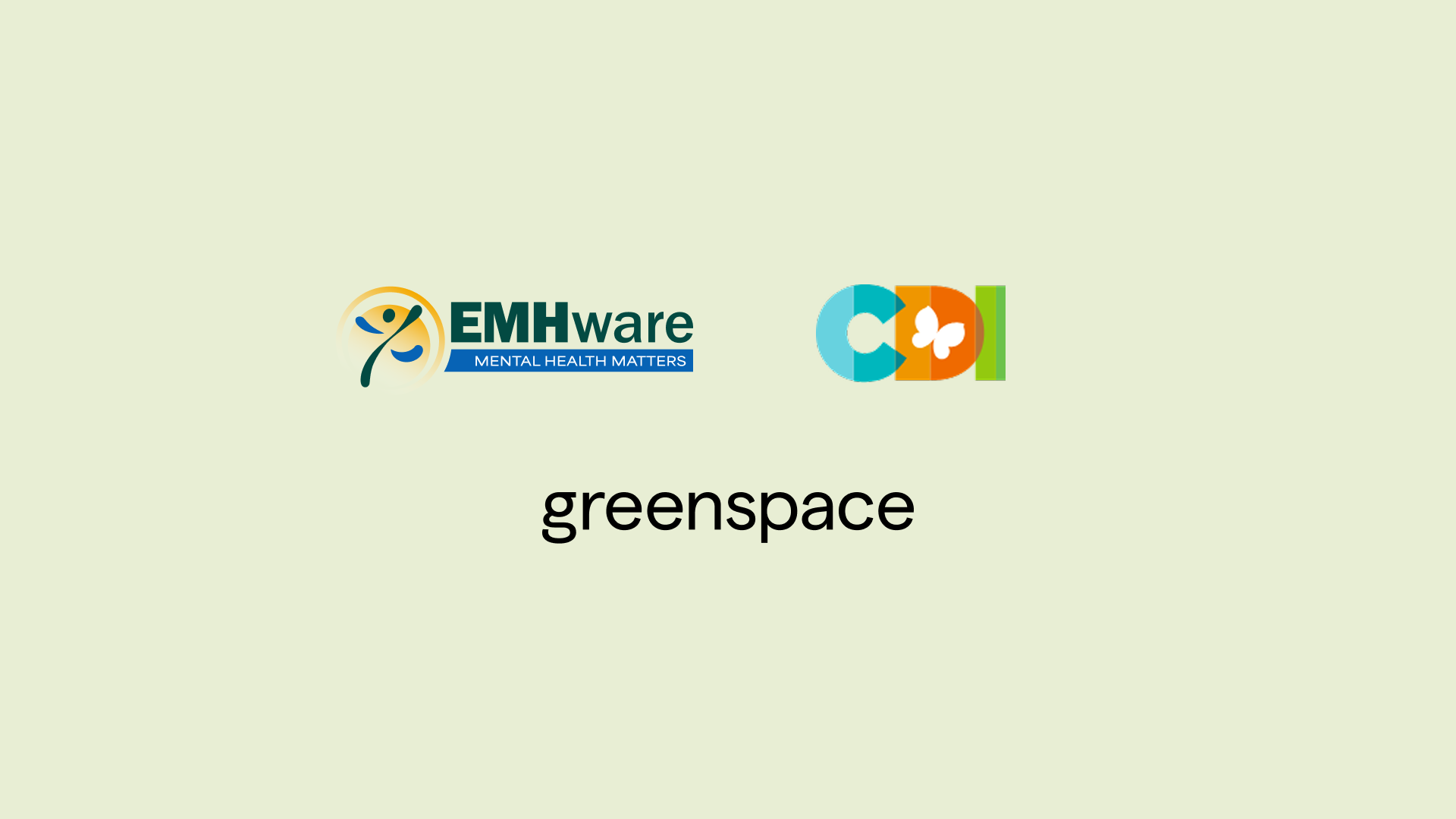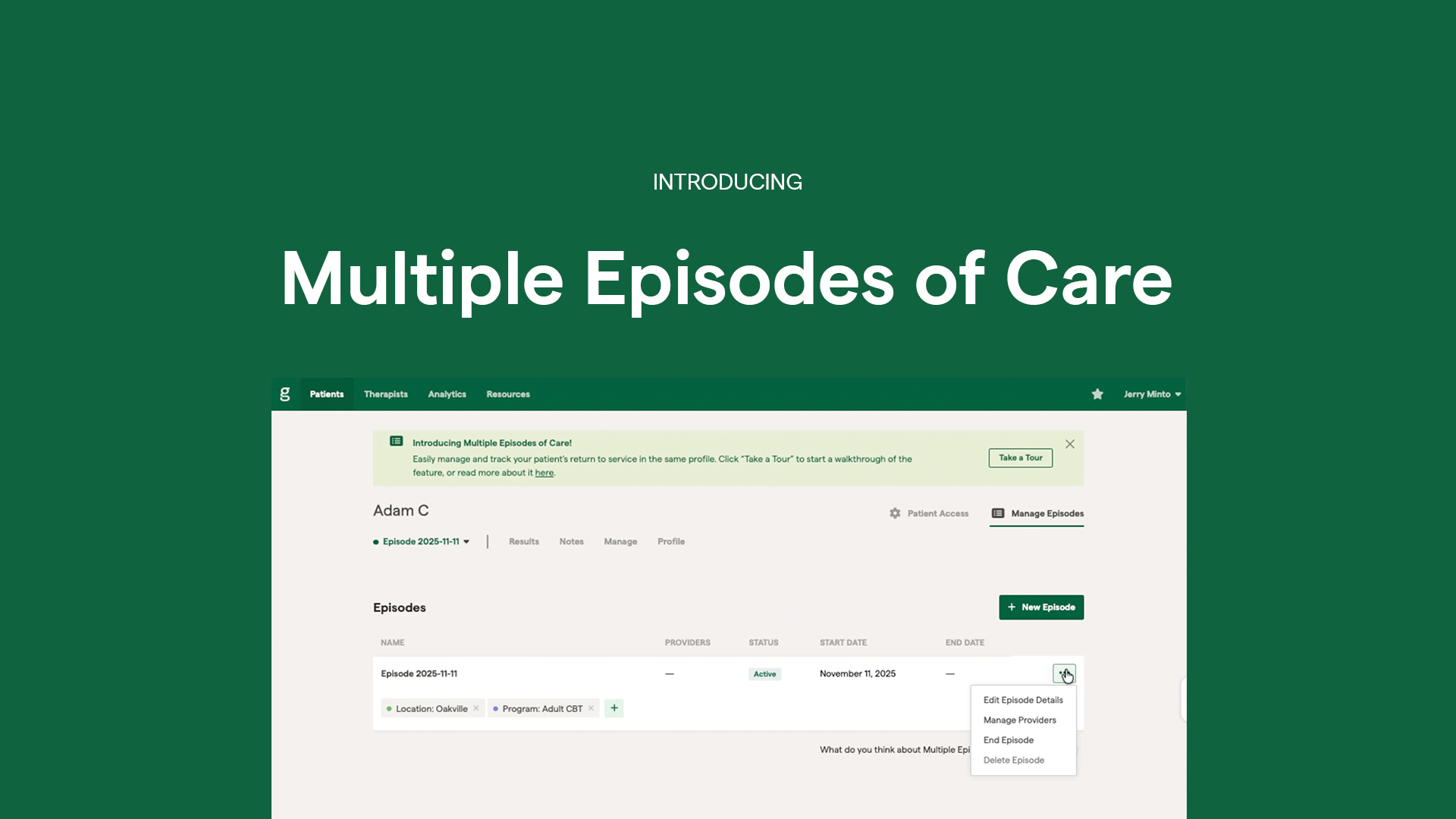
Implementing Measurement-Based Care: Insights from the APA’s Professional Practice Guidelines
The American Psychological Association (APA) recently released its Professional Practice Guidelines on Measurement-Based Care (MBC) to support mental health providers as they implement MBC. Given that MBC is a clinical process that relies on ongoing measurement and the integration of that data into treatment discussions and care decisions, there are some key steps that should be taken to ensure the greatest impact. These guidelines offer practical, evidence-informed recommendations for ethically and effectively implementing MBC across diverse care settings.
The Core MBC Guidelines
1. Explain MBC to Patients
Psychologists should clearly communicate the purpose of MBC, how assessments work, and how data will be used. This transparency builds trust, encourages collaboration, and increases patient engagement in care.
2. Choose the Right Measures
Selecting appropriate, evidence-based, and feasible measurement tools is critical. Providers are encouraged to include patients in this process, combining standardized and personalized measures to the unique conditions and symptoms of each client, in order to ensure relevance and inclusivity.
3. Administer Measures Regularly
MBC relies on repeated, consistent assessments throughout care, rather than just at intake or discharge. Frequent measurement helps identify progress, setbacks, or emerging needs, guiding timely clinical decisions.
4. Use Data to Guide Care
Data should be shared with patients and used to inform treatment plans. Discussing MBC results together strengthens the therapeutic alliance and supports shared decision-making.
5. Tailor MBC to Individual Needs
Providers must consider each patient’s cultural, linguistic, developmental, and cognitive characteristics, including their familiarity with mental health treatment generally. This may involve adapting tools or methods to ensure that MBC is inclusive and meaningful for all individuals.
6. Uphold Ethical and Legal Standards
Confidentiality, informed consent, data storage, and appropriate use of assessments are all essential considerations. Psychologists must ensure they are competent in administering and interpreting MBC tools and safeguarding patient data.
Integrating MBC into Practice
APA’s new guidelines emphasize that MBC is most powerful when fully and deeply integrated into treatment. It is not meant to be performed as a checklist, but rather as a dynamic, collaborative process that engages clients as partners in their care and offers rich insights to enhance outcomes. By adopting these guidelines, providers can provide more transparent, responsive, and equitable care, with the ultimate goal of helping clients achieve better outcomes through a truly data-informed practice.
Are you interested in kickstarting your MBC practice?
With automated delivery and a selection of 500+ evidence-based assessments, Greenspace empowers you to tailor your measurement process to your clients’ specific needs and gather rich insights throughout care. Privacy and security are at the foundation of what we do and we’re committed to meeting and exceeding industry standards. Greenspace is also SOC 2 Type II compliant and conforms to digital and physical security protocols, including HIPPA, PIPEDA, and PHIPA. To learn more, schedule a call with one of our implementation experts or reach out to us anytime at info@greenspacehealth.com.












